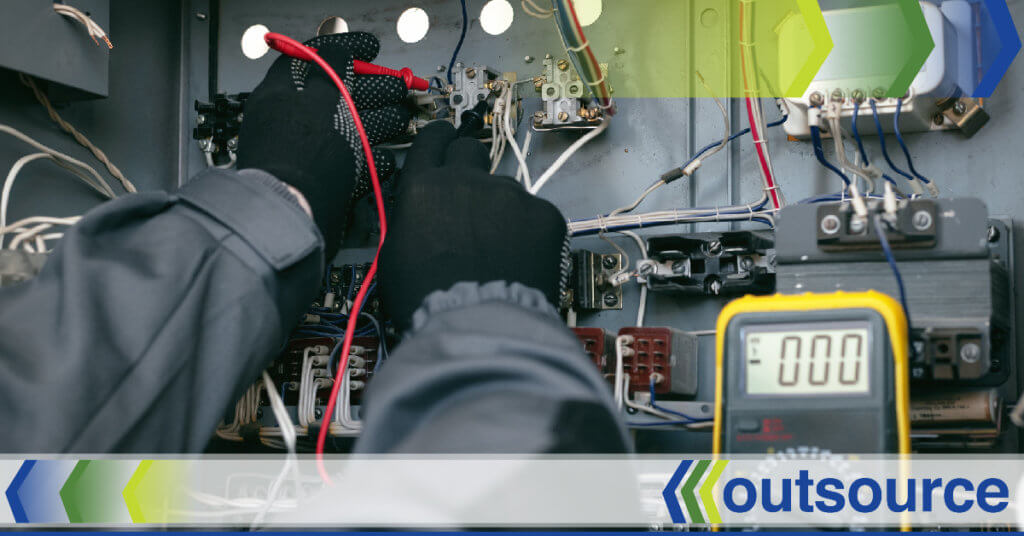
It’s hard to argue against a career as a low-voltage contractor. These technicians fall under the broader career category of Security and Fire Alarm Systems Installers. Since the United States will continue to be the largest producer and consumer of security products in the coming years, security products and services in the 120- to the 250-volt range will require trained technicians.
Low-voltage technicians install, program, maintain, and repair security or fire alarm wiring and equipment, ensuring that their work is following relevant codes. There is a broad market for their services that include educational settings, healthcare, hospitality, public entities, and residential.
While the opportunities are seemingly endless, you still must decide if a career as a low-voltage contractor is right for you. Here are some things to consider:
Do You Have Most or All of These Skills?
- Communication: You’ll need to be able to convey verbal and written information effectively. If you don’t already have good listening skills, you should be working on them.
- Critical Thinking: Low-voltage work requires a certain amount of logic and reasoning to identify problems and come up with solutions. At times these issues can be rather complex.
- Installation: You’ll need the skills for installing equipment, machines, wiring, or programs to meet specifications.
- Time management: Low-voltage contractors must make the most of their time and may have to manage the time of others.
- Learning: Being an active learner is a must in a field in which new technology and information is the norm.
- Customer service: Always looking for ways to help others.
- Instructing: Successful contractors can teach others.
The Knowledge You Should Have Accumulated
- Safety and security: You should be familiar with the policies and procedures, along with various types of equipment, that ensure the security of people, data, and property.
- Telecommunications: Knowledge of transmission, broadcasting, switching, control, and operation of telecommunications systems is critical.
- Mechanical: It’s important to understand various machines and tools, including how they are used and designed plus the best methods to maintain and repair them.
- Computers and electronics: A working knowledge of circuit boards, processors, chips, electronic equipment, and computer hardware and software is invaluable.
- Engineering and technology: It’s important to have a general knowledge of the procedures and equipment used in producing a variety of goods and services.
- Management: Contractors must understand business and management principles that include leadership, planning, coordination of people and materials, and human resources.
Do You Have These Traits?
The following characteristics will serve you well, no matter which career direction you choose:
- Dependability
- Integrity
- Independence
- Flexibility
- Attention to detail
- Cooperation
- Persistence
- Leadership
- Self-control
- Initiative
- Enthusiasm
Find Your Next Job with Outsource!
We are here to help you get started in this exciting career. Check out the open jobs at Outsource. We are the largest staffing firm in the nation specializing in the placement of low voltage and electrical talent.

Discover The Power of Real Partnership
Let's talk about the world of possibilities and how we can partner to make them a reality.
Our Latest Resources
What's new in the world of work? Check out the latest highlights, including staffing trends, top insights and more.
Be Ready to Answer These Questions at Your Next Job Interview
Whether this is your first job interview or you've done several already, you will probably find yourself with a case of nerves as it begins...
Maneuvering Your Job Search Through a Pandemic
A global pandemic means times are uncertain, stressful and even a bit frightening. While the COVID-19 outbreak has not only caused a health crisis it has also caused an economic crisis as well...



